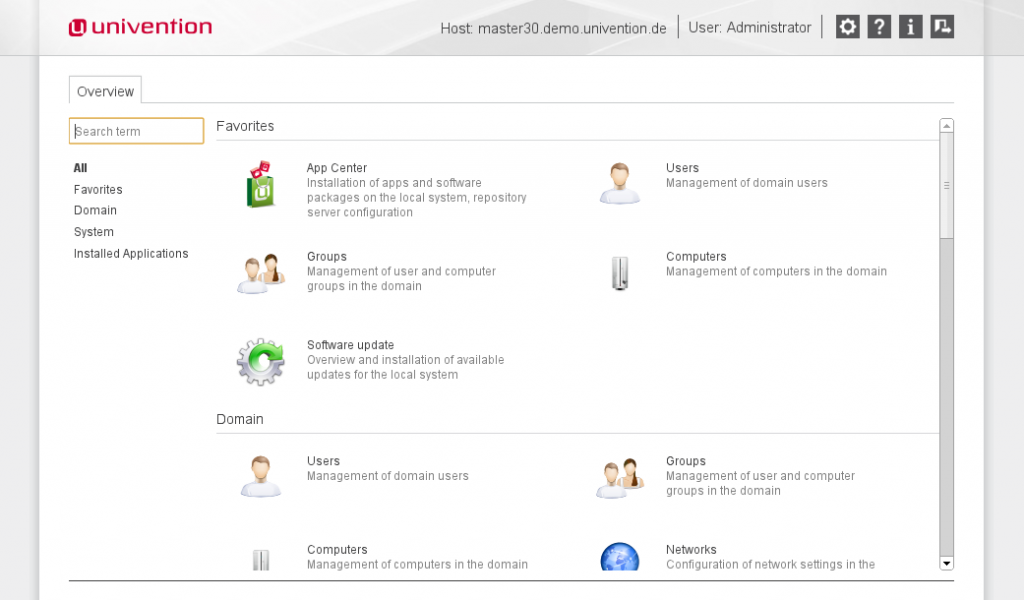The large companies that use Dojo are widely known. This series features lesser known users of Dojo, and their stories. This time, we interview William Grzybowski from iXsystems, a California-based company and creators of FreeNAS.
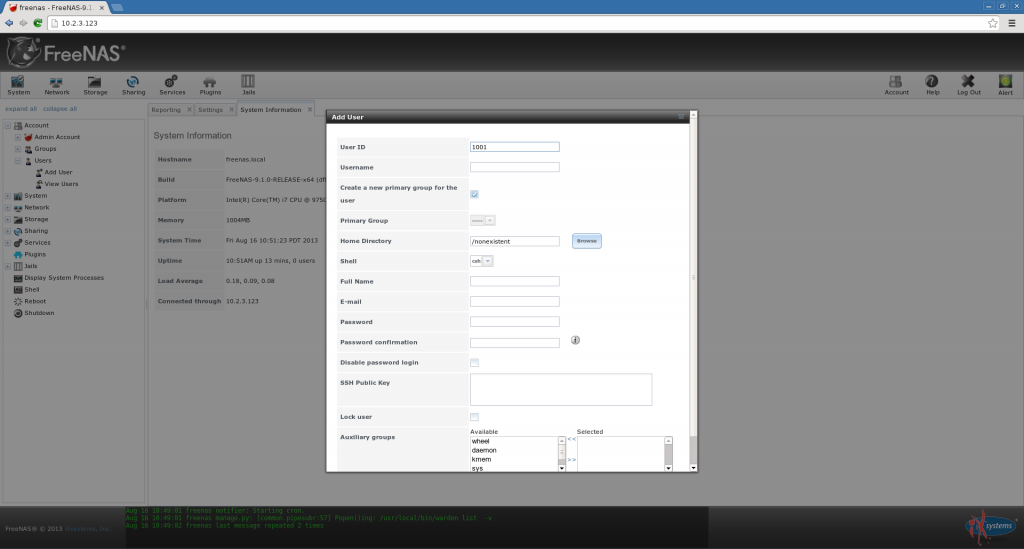
The large companies that use Dojo are widely known. This series features lesser known users of Dojo, and their stories. This time, we interview William Grzybowski from iXsystems, a California-based company and creators of FreeNAS.

Ten years ago, we humbly started a project to create a “next generation DHTML toolkit”, based on an initial email, Selling the future of DHTML. Today, we are pleased to announce the immediate release of Dojo 1.10, our 16th major release of the toolkit!
Dojo 1.10 is primarily a stability and bug fix release, with over 275 issues resolved. Read the Dojo 1.10 release notes for the complete list of what’s new and improved in 1.10. API features and enhancements primarily occurred within the following areas:
The tutorials, reference guide, and API viewer have also been updated for the 1.10 release.
Get the Dojo release that’s right for you. Choose from CDN, optimized builds, or source versions with full demos and utilities.
The new dstore project is being worked on as the eventual successor to dojo/store. It works with Dojo 1.8+, but is intended to also define the object store APIs for Dojo 2. Tutorials and documentation will accompany the dstore 1.0 release that is expected in a few weeks. Read the Looking ahead with stores blog post for more details on the direction of this module.
As reminder, while the source code is still available for DataGrid and EnhancedGrid, these modules are formally deprecated. We instead recommend that you use dgrid or gridx.
dgrid 0.4 is currently under development, and will be the first component to leverage the new dstore API.
Intern is the replacement for DOH. Work is currently underway to update all DOH tests in Dojo core and Dijit to use Intern, to make it easier to prevent regressions with Dojo 1.x releases. You can learn more about Intern via the Intro to Intern webcast, and also read What’s next for Intern and the 2.0 release that is expected soon.
We continue working on Dojo 2.0. We continue to issue periodic maintenance releases on 1.4+, primarily to fix issues when new browsers are released. We will likely will have a 1.11 release for anything that might change or enhance an API, or backport key improvements made for 2.0.
This release would not have been possible without significant contributions from the Dojo team. Special thanks to everyone who helped make this release possible, including:
We also thank AltoViso, IBM, SitePen, and TimeTrade for their generous contributions of development time and financial support.
We’re hosting a free Dojo community day in Switzerland on July 5th, and plan to host similar events in other locations later this year. If you cannot make it to Switzerland, we still encourage you to join us on the #dojo IRC channel (irc.freenode.net) for an afternoon of hacking. We’ll be online from approximately 9am – 6pm in Switzerland. Or join us at another Dojo event this summer.
We hope you’ll find Dojo 1.10 to be exceptionally stable and reliable. Please let us know if you run into any issues by opening a ticket. If you find a problem in the documentation, you can also provide feedback via the link at the bottom of every page. We also encourage you to get involved, to help improve Dojo and to work on Dojo 2.0. We hope you find value in using Dojo 1.10!
There are a number of Dojo events this summer. We hope to meet you at one of these events:
Let us know if you’re speaking at an event, and we’ll add you to our listings!
Esri, creator of the Dojo-based ArcGIS JavaScript mapping API and ArcGIS Online, has announced the beta release of a new product, the ArcGIS API for JavaScript Web Optimizer, a Dojo-based app for creating Dojo and Esri ArcGIS optimized builds.
Visit the help documentation to view application screenshots.
The large companies that use Dojo are widely known. This series features lesser known users of Dojo, and their stories. This time, we interview Ramil Rakhmetov from PeopleWare, a Belgian company that creates enterprise web applications. Ramil is a JavaScript developer who created the Autostore front-end.
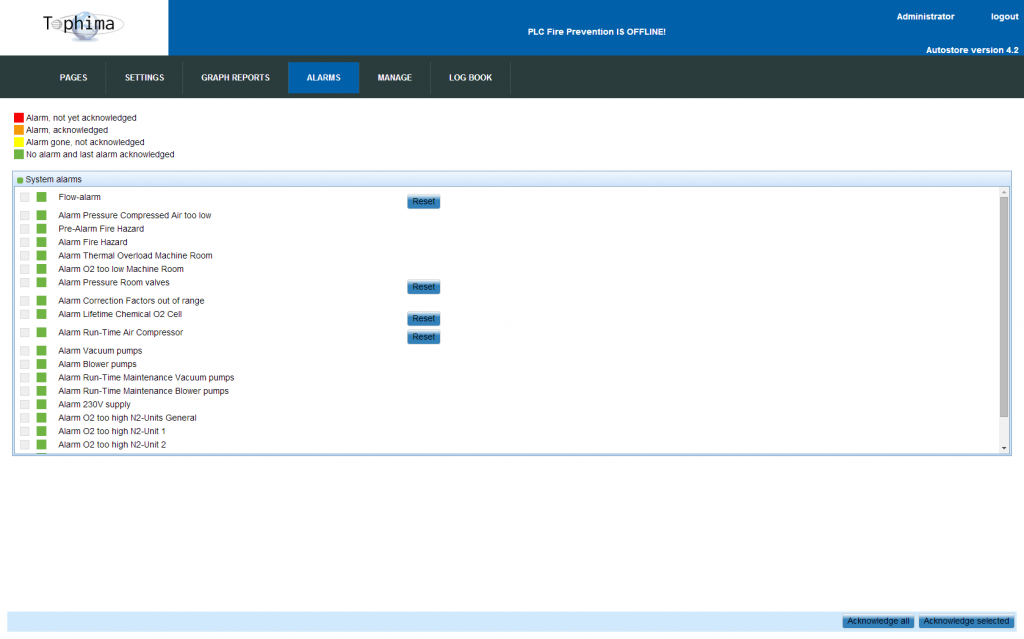
In preparation for the release of Dojo 1.10, trunk is now in feature freeze, which means this code is considered feature complete for Dojo 1.10. The release schedule is currently as follows:
We encourage you to grab the beta and help us find any bugs or regressions with your code base and report any issues you find by following our contributor workflow.
The documentation for 1.10 has not yet been built, though the API changes from 1.9 are minimal. Work in progress release notes are available to see a highlight of the additions we have made.
Thank you to everyone that has helped make this release a success, including the 61 contributors that have had code land in this release!
The large companies that use Dojo are widely known. This series features lesser known users of Dojo, and their stories. This time, we interview Deno Vichas from Fullstack, a San Francisco-based software consultancy and creators of MAGICapp.
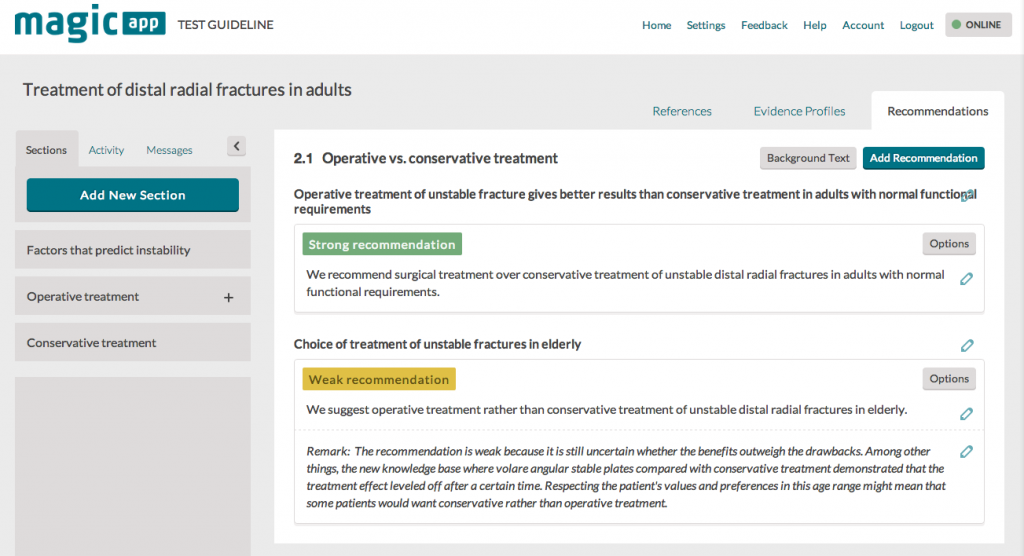
It’s been far too long since we’ve had a Dojo community day or dojo/beer event in Europe. As such, we have planned one for Saturday, July 5th, in Brugg, Switzerland (near Zurich).
The event is free to attend. The schedule and details are available on the registration page.
The format will be a talk, an open Q&A session, time to hack and contribute to Dojo, and at some point we’ll break for lunch.
This event follows the SitePen Dojo Workshops which occur June 30 – July 4. We hope you’ll join us for the week and learn about Dojo, and then on Saturday work to help make Dojo better. Or if you cannot make the workshops, we at least hope you’ll join us for a fun Saturday event!
The large companies that use Dojo are widely known. This series features lesser known users of Dojo, and their stories. This time, we interview Stefano Bianchi from Softeco Sismat, an ICT Italian company that participates in the TELL ME project, an European Commission-funded research initiative to improve training in small and medium-sized manufacturing environments. This case study illustrates a Dojo-based user interface for a Technology Enhanced Learning system
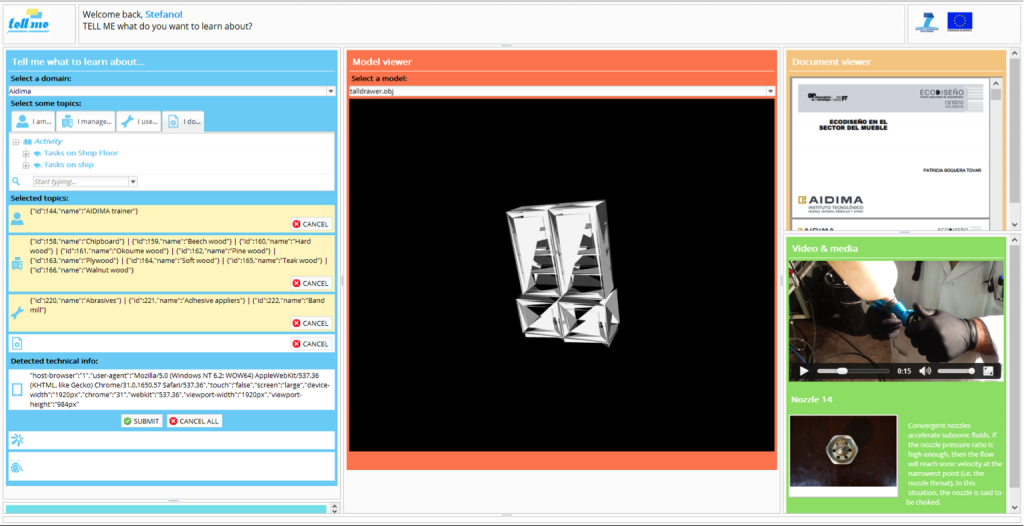
Continue reading Case study: Softeco Sismat (TELL ME Project)
The large companies that use Dojo are widely known. This series features lesser known users of Dojo, and their stories. This time, we interview Alexander Kläser from Univention, a Germany company that creates an enterprise Linux distribution.
